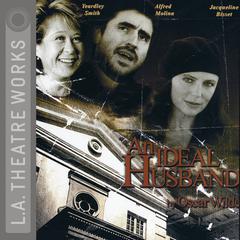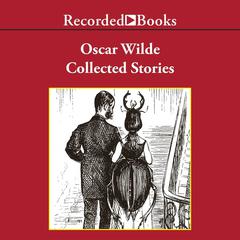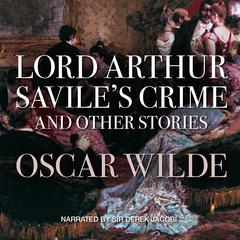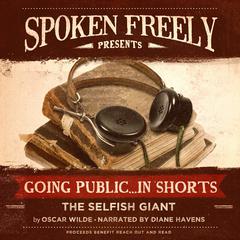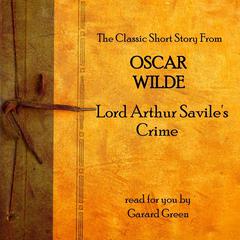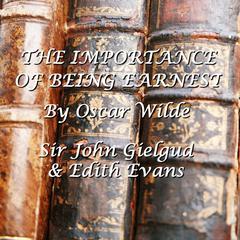 Play Audiobook Sample
Play Audiobook Sample
El Famoso Cohete Audiobook
 Play Audiobook Sample
Play Audiobook Sample
Quick Stats About this Audiobook
Total Audiobook Chapters:
Longest Chapter Length:
Shortest Chapter Length:
Average Chapter Length:
Audiobooks by this Author:
Publisher Description
Un viaje cósmico lleno de ironía.
"El Famoso Cohete" es un cuento corto de Oscar Wilde que, a pesar de su título, no es una historia de ciencia ficción. Con su característico humor y agudeza, Wilde nos presenta un cohete vanidoso y egocéntrico que, tras una gran explosión, cae en el barro.
¿Por qué leerlo?
Una sátira ingeniosa: Wilde utiliza la figura del cohete como metáfora para criticar la vanidad y la arrogancia.
Un cuento para todas las edades: Aunque dirigido a un público infantil, su mensaje es universal y puede ser disfrutado por adultos.
Un clásico de la literatura infantil: Este cuento forma parte del imaginario colectivo y ha sido adaptado a diversas formas de expresión.
En pocas palabras: "El Famoso Cohete" es una fábula divertida y educativa que nos enseña la importancia de la humildad y la solidaridad.
Download and start listening now!
El Famoso Cohete Listener Reviews
Be the first to write a review about this audiobook!
About Oscar Wilde
Geoffrey Giuliano is the author of over twenty internationally bestselling biographies, including the London Sunday Times bestseller Blackbird: The Life and Times of Paul McCartney and Dark Horse: The Private Life of George Harrison. In addition, he can be heard on the Westwood One Radio Network and has written and produced over sixty original spoken-word albums and video documentaries on various aspects of popular culture.







